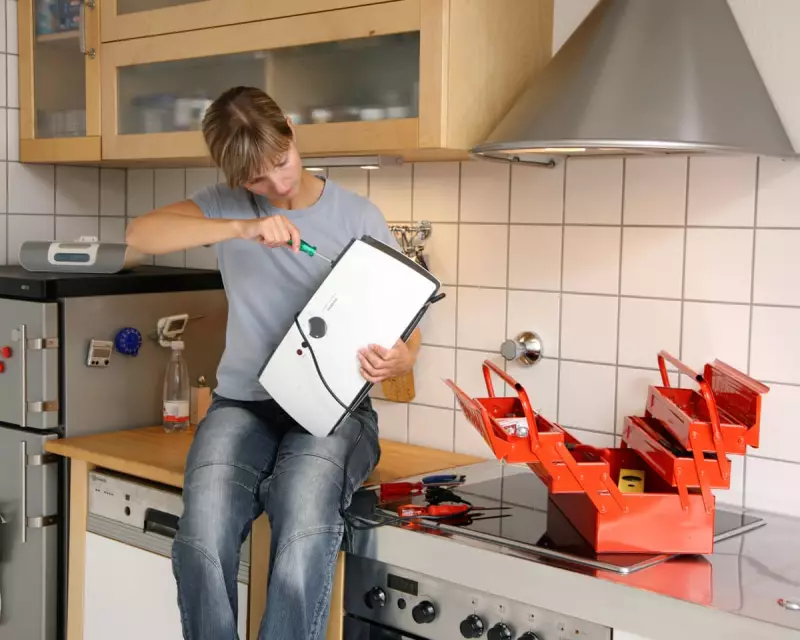
Remember when household appliances were family heirlooms, passed down through generations? That sturdy refrigerator humming reliably for decades, or the washing machine that survived countless spin cycles? Those days appear to be vanishing faster than a warranty on a modern gadget.
The Disappearing Decade-Long Appliance
Today's consumers face a frustrating reality: appliances breaking down just after their warranties expire. What was once built to last is now increasingly designed to fail, creating a throwaway cycle that hits both wallets and the environment hard.
The Seven-Year Itch: Why Products Die Young
Research reveals a startling decline in product durability. Washing machines that once served faithfully for 15 years now average just 7. Modern refrigerators last approximately 12 years compared to their predecessors' 20-year lifespans. This isn't accidental - it's engineered.
Planned obsolescence takes several forms:
- Technical obsolescence: Deliberately using inferior components that fail predictably
- Software obsolescence: Devices rendered useless when manufacturers stop updates
- Repair restrictions: Proprietary parts and tools making fixes prohibitively expensive
- Psychological obsolescence: Constant marketing pushing unnecessary upgrades
The Cost of Constant Replacement
This disposable culture carries significant consequences for UK households and the environment. The financial burden falls heaviest on lower-income families who can least afford frequent replacements.
Environmentally, the impact is staggering. Electronic waste has become the world's fastest-growing waste stream, with millions of tonnes of perfectly salvageable appliances ending up in landfills annually.
Fighting Back: The Right to Repair Movement Gains Ground
Hope is emerging through the growing right to repair movement, which advocates for:
- Mandatory availability of spare parts for reasonable timeframes
- Access to repair manuals and diagnostic tools
- Standardised components across brands
- Clear labelling of expected product lifespans
European regulations are beginning to address these issues, requiring manufacturers to make parts available for up to ten years. However, campaigners argue more comprehensive legislation is needed.
What Consumers Can Do Now
While systemic change is essential, UK consumers aren't powerless. Several strategies can extend appliance life and reduce waste:
- Research before buying: Seek out brands with good repairability scores
- Choose simplicity: Basic models often outlast feature-packed counterparts
- Learn basic repairs: Many fixes require minimal technical skill
- Support repair cafes: Community repair initiatives are growing across Britain
- Demand better: Tell manufacturers and retailers you value durability
The battle against planned obsolescence represents more than consumer frustration - it's about building a sustainable economy where quality triumphs over quantity, and products serve their purpose for years rather than months.





